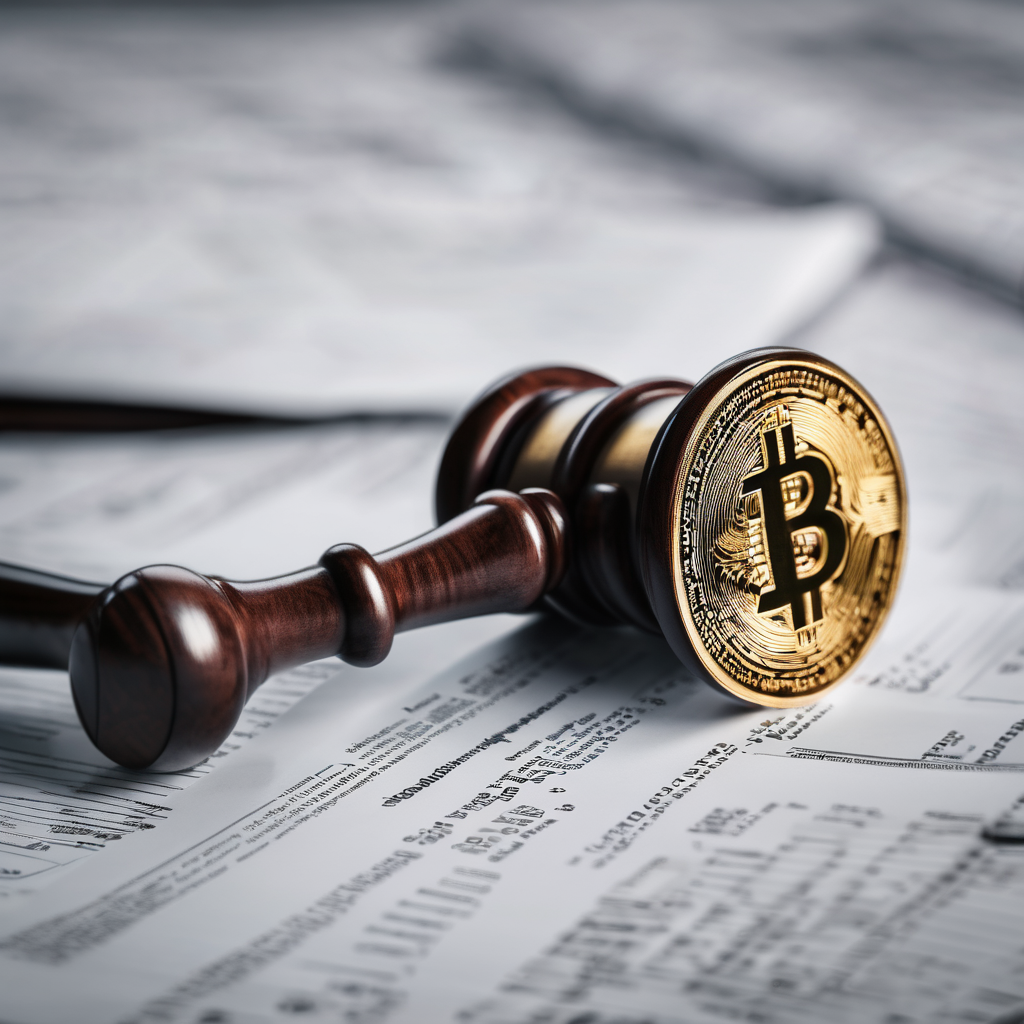Washington — In a surprising turn of events, former President Donald Trump has issued a presidential pardon to Changpeng Zhao, the billionaire founder of the cryptocurrency exchange Binance. Zhao, who had pleaded guilty to charges related to money laundering, was described by Trump as a victim of political prosecution orchestrated by the Biden administration.
Zhao, a Chinese-born Canadian who founded Binance in 2017, entered a guilty plea in November 2023 after reaching a multi-billion-dollar settlement with the Justice Department. The terms of the settlement necessitated his resignation as CEO, and he subsequently spent four months in prison following his sentencing in April 2024. Additionally, Binance was prohibited from operating within the United States.
White House press secretary Karoline Leavitt defended Trump’s decision, asserting that Zhao faced unjust prosecution for his role within the cryptocurrency industry. “In their desire to punish the cryptocurrency industry, the Biden administration pursued Mr. Zhao despite no allegations of fraud or identifiable victims,” Leavitt stated. She also mentioned that the proposed three-year prison sentence was unusually severe, with the presiding judge remarking that such a sentence was unprecedented in his extensive career.
Current estimates place Zhao’s net worth at around $86 billion, reflecting his significant stake in Binance. The cryptocurrency exchange has been a focal point in discussions around regulation and innovation, with Zhao’s strong business acumen contributing to its rise.
Interestingly, Zhao’s connections extend into the Trump family, as Mr. Trump’s sons, Eric and Donald Jr., previously launched World Liberty Financial, which has been linked to investments in the cryptocurrency sector, including a stake in Binance. Despite these ties, Trump distanced himself personally from Zhao during a recent questioning session, claiming that he had little knowledge of the man or his actions.
In response to inquiries about the motivations behind the pardon and its associations with his family’s business interests, Trump stated, “A lot of people said that he wasn’t guilty of anything.” He highlighted the outpouring of support for Zhao, indicating that many believe he was wrongfully targeted by the federal government.
This pardon may have broader implications for the cryptocurrency landscape, signaling a potential shift in the regulatory atmosphere towards a more favorable stance for crypto enterprises. As the industry continues to evolve, the repercussions of this decision on regulatory policy and the perception of the cryptocurrency sector in the United States remain to be seen.
